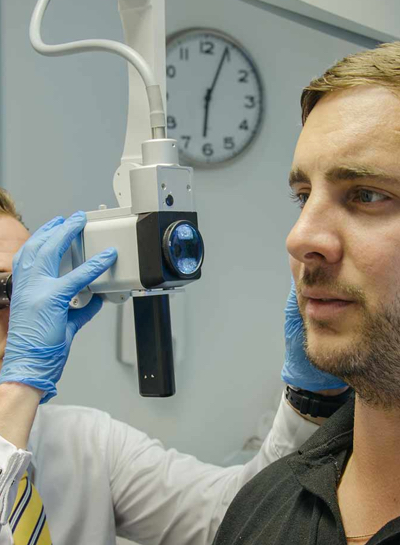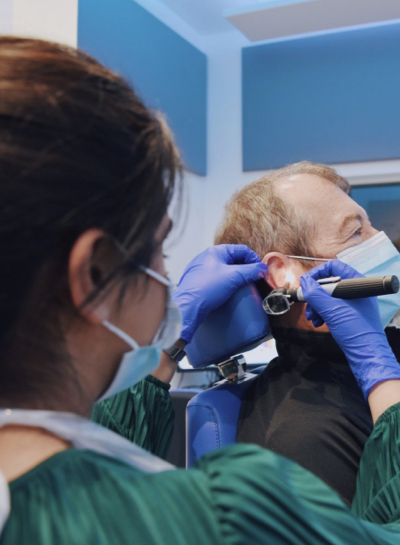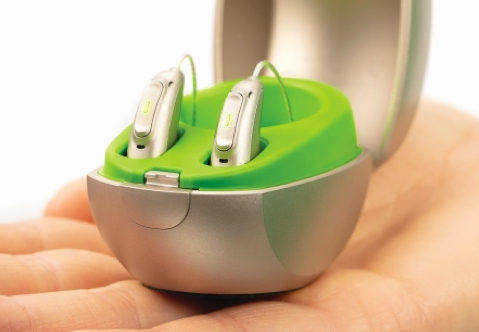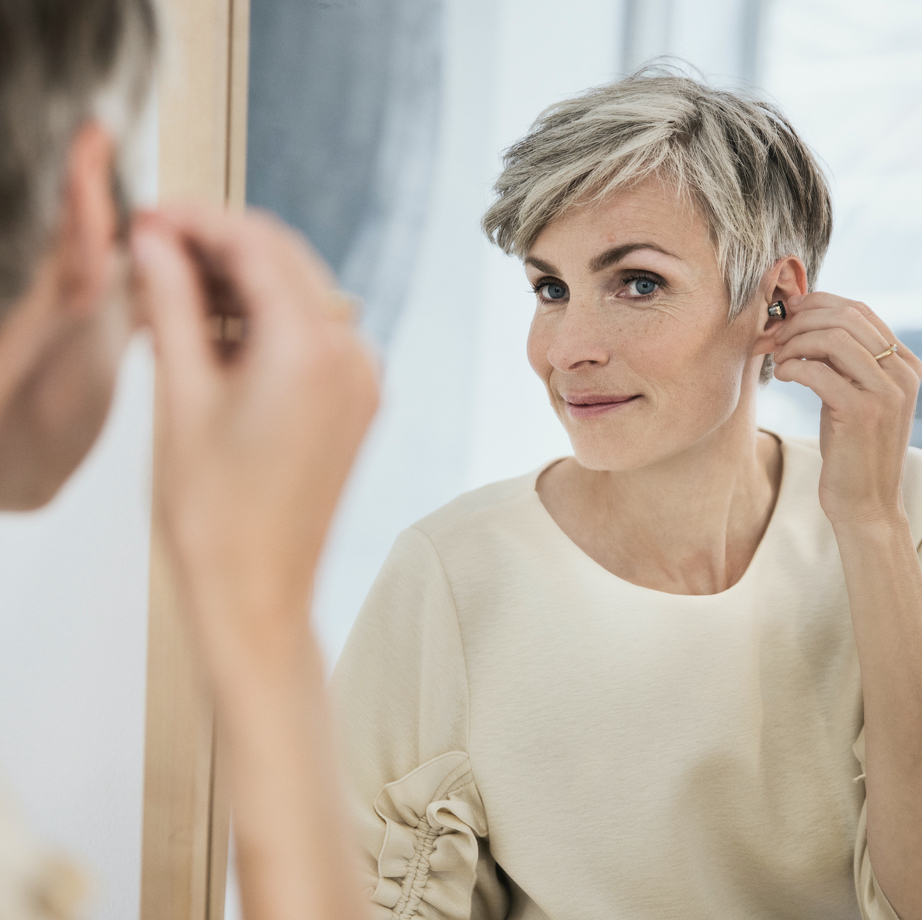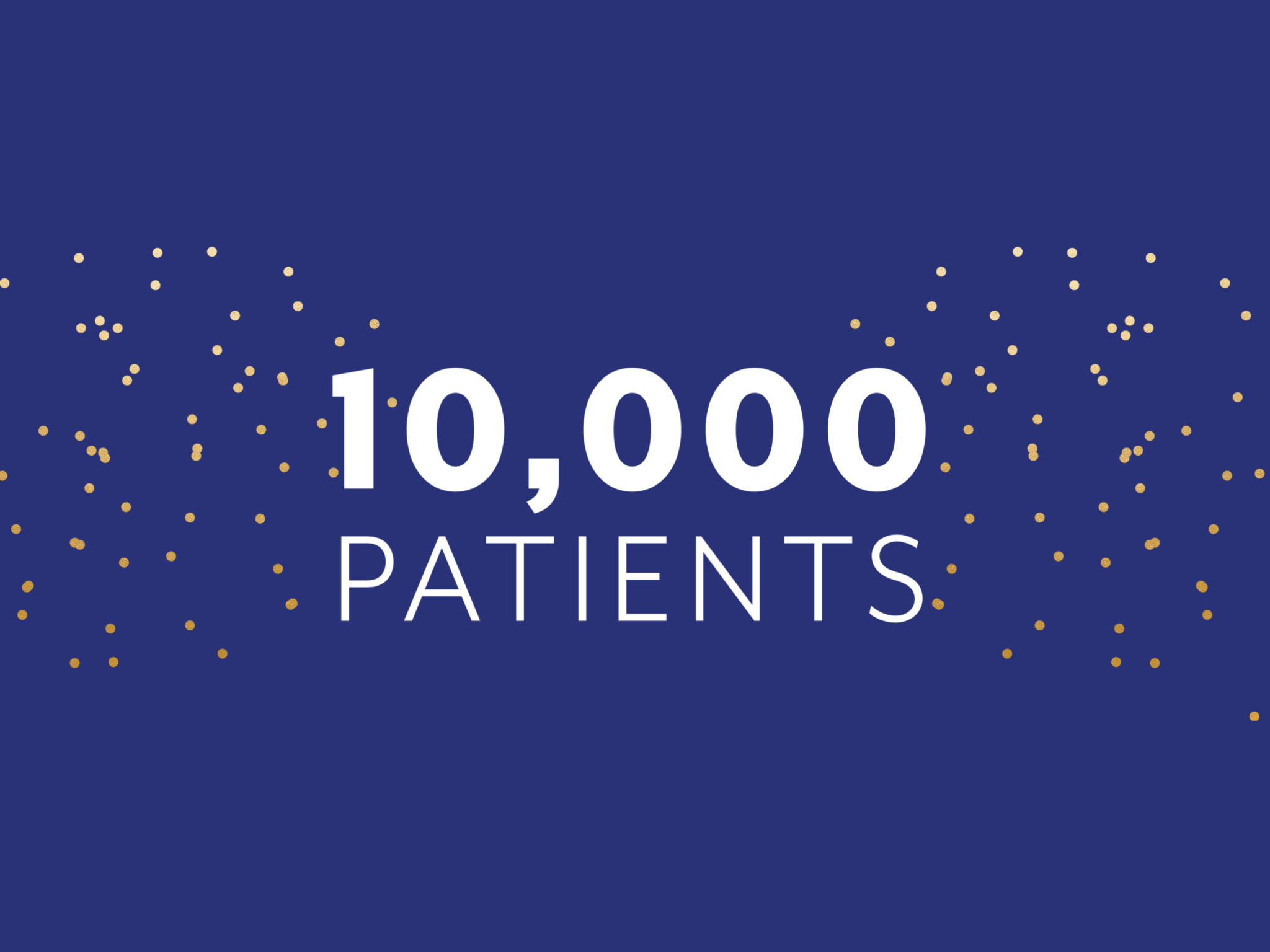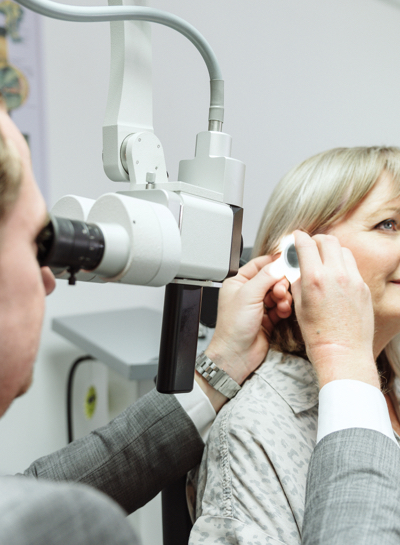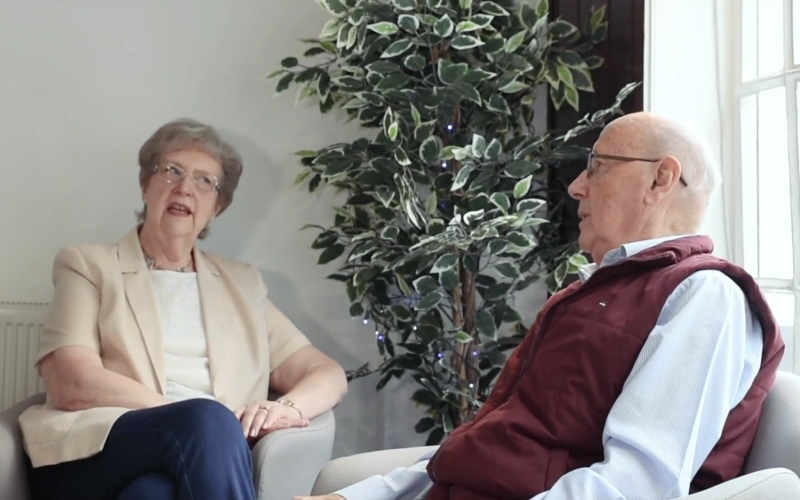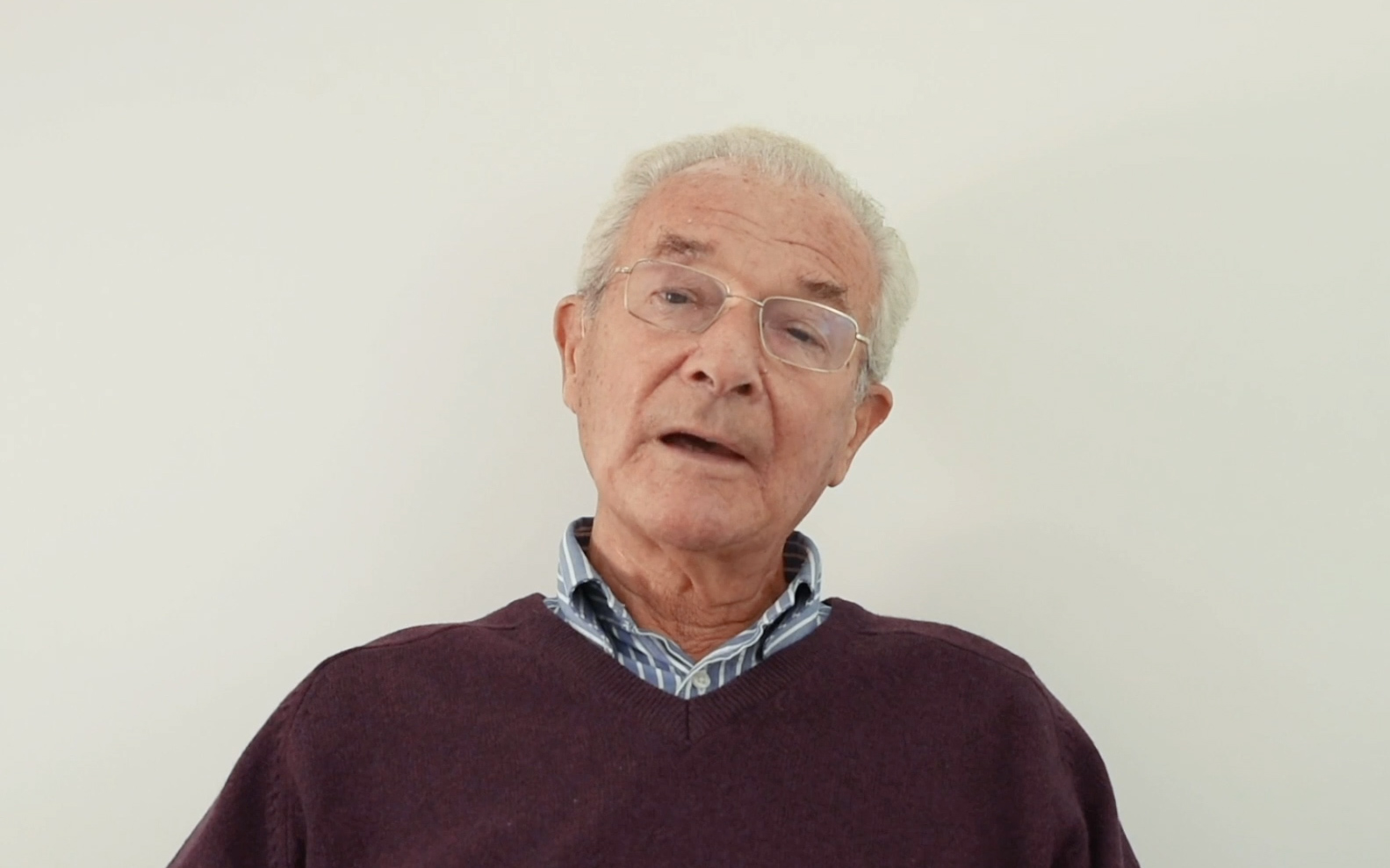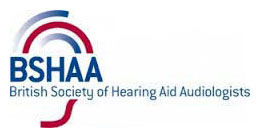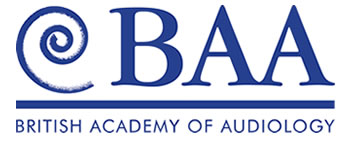Tag: hearing loss
Is Your Hearing Christmas Ready?
3 Min read
19th Dec 2022
5 TIPS FOR MANAGING HEARING LOSS DURING THE HOLIDAYS
Santa can’t bring you hearing, but Stratford Hearing Centre can
Christmas is the most magical time of the year, but it can also be the most challenging one for people with hearing loss. All the socialising around the festive season can bring up a lot of challenges which can make for an isolating or stressful experience if you can’t hear very well.
 |
Seek out 1-to-1 interactions
Instead of trying to keep up with everyone at the same time over loud music, one-to-one conversations can help you enjoy the social interactions on your terms and with less stress. This can also give you the opportunity to have meaningful conversations with people you perhaps have not seen much during the year. |
 |
Best seat at the table
Where you sit at the table can impact how you hear. By sitting near a wall, you can block out excessive background noise behind you to help you hear the people at the table better. |
 |
Partner Up
If you’re attending an event on your own, see if you can find a friend, relative or colleague who can repeat or clarify things you may not have fully grasped. At dinner, seat yourself next to a person you have the least difficulty hearing or someone who usually clues you in on missed pieces of conversation. |
 |
Communicate your needs
Why not ask for help? Instead of nodding along with a conversation you have trouble following, be honest and ask your family to repeat what they said. And if you are a guest at someone else’s gathering, they’ll want you to have an enjoyable and entertaining time, it doesn’t hurt to let your host know in advance that you have hearing challenges and what they can do to make sure you’re able to keep up with the conversation. Such as lowering the volume on Christmas music or consider the lighting so you can engage with guests in a well-lit area so that you can read people’s lips and visual clues if necessary. |
 |
Get your hearing tested
Your hearing is not just for Christmas, it’s for life. Contact your nearest branch to book an Initial Assessment, let us help you enjoy the sound of this festive season and all the ones to come. |

Tom Dixon Director of Audiology
Share this article
Your Journey To Better Hearing
Related Articles

Join our Better Hearing Challenge
Rediscover Clear Conversations with Our Better Hearing Challenge Do you find yourself yearning to rediscover the joy of clear conversations? Are noisy environments making it challenging to hear speech, leaving…
3 Min read
3rd Jan 2024
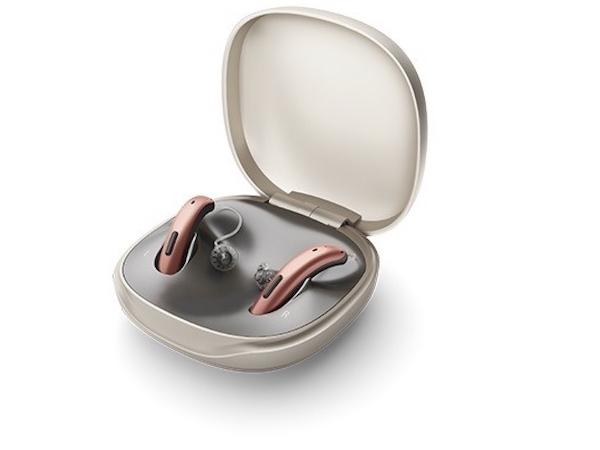
Struggling with hearing aid batteries? We have the solution
Hearing aids are crucial for those experiencing hearing loss. They allow you to maintain your independence and continue enjoying the things you love. However, dealing with traditional hearing aid batteries…
2 Min read
18th Sep 2023

Our top 3 discreet, invisible hearing aids at Worcester and Stratford-upon-Avon
In the world of hearing aids, there are numerous options that cater to different needs, lifestyles, and personal preferences. If you prioritise discretion and invisibility in your hearing aid, you’re…
3 Min read
13th Sep 2023
Sounds of Spring Open Week
< 1 Min read
11th Feb 2020

Enjoy the sounds of spring
Reconnect with nature and enjoy its sounds during this beautiful time of year.
Birds singing, leaves rustling through the blossoming trees, buzzing bees flying around from one flower to another, a flowing stream and even spring showers are a few of the wonderful sounds you could be missing this season.
Spring into action
It’s all too easy to miss out on natures subtle sounds if you are experiencing hearing loss.
In addition to being able to hear the sounds of nature, our bespoke hearing solutions will allow you to experience clarity in speech.
So you can enjoy a gathering in the garden or a walk along the river with your loved ones.
Contact us to book one of our 100 FREE hearing assessments available HERE.

Tom Dixon Director of Audiology
Share this article
Your Journey To Better Hearing
Related Articles

Join our Better Hearing Challenge
Rediscover Clear Conversations with Our Better Hearing Challenge Do you find yourself yearning to rediscover the joy of clear conversations? Are noisy environments making it challenging to hear speech, leaving…
3 Min read
3rd Jan 2024

Struggling with hearing aid batteries? We have the solution
Hearing aids are crucial for those experiencing hearing loss. They allow you to maintain your independence and continue enjoying the things you love. However, dealing with traditional hearing aid batteries…
2 Min read
18th Sep 2023

Our top 3 discreet, invisible hearing aids at Worcester and Stratford-upon-Avon
In the world of hearing aids, there are numerous options that cater to different needs, lifestyles, and personal preferences. If you prioritise discretion and invisibility in your hearing aid, you’re…
3 Min read
13th Sep 2023
The link between tinnitus and hearing loss
2 Min read
26th Sep 2019
The link between tinnitus and hearing loss
Medical research in the past few years has shown that those who have tinnitus also have some form of hearing loss.
A hearing loss can come in many different forms and in a range of different frequencies. For some, this hearing loss can be small or only affect a narrow band of frequencies as the result of a minor injury to the inner ear so that it does not result in hearing loss apart from the tinnitus or ringing ears experienced.
This could mean a hearing loss which cannot be measured by conventional hearing tests. In these instances, it is called a hidden hearing loss. A typical sign of hidden hearing loss is when it is difficult to hear because of background noise.
Absent audiological input
Medical research carried out in the past few years indicates that tinnitus is caused by absent or reduced nerve activity in the nerves which connect the damaged part of the inner ear to the central nervous system in the brain. This then leads to increased nerve activity as the signals travel to the hearing centre of the brain. When this increased activity reaches the hearing centre of the brain, a sound is heard even though the ear is not picking up any sound from its surroundings. This is called tinnitus.
Acoustic overexposure can both damage the hair cells in the inner ear as well as the nerves which send signals from the inner ear to the brain. Acoustic overexposure can result in noise-induced hearing loss.
The hair cells and the nerves can also be damaged by other things such as otoxic drugs and this can then lead to tinnitus.
Spontaneous signals in the brain
According to medical research, it is the absent audiological input from the inner ear to the brain which causes the hearing nerves between the inner ear and the brain to spontaneously send signals to the brain which are interpreted as sound – and this is tinnitus.
In most animal tests in which the animal had a hearing loss, the animals had tinnitus. Other tests have shown that humans with reduced audiological input are more likely to hear phantom sounds.
Other studies have however shown that treatment for hearing loss and with this the increase in audiological input – for example through digital hearing aids or operations – can reduce tinnitus or at least the tinnitus experienced. This can be because other audiological input wholly or partially “hides” the tinnitus. It can however also be because the spontaneous signals in the nerves are reduced.
Everyone with tinnitus therefore has some form of hearing loss. On the other hand, not everybody with a hearing loss also has tinnitus. The key thing for anyone with tinnitus to understand is that there are tinnitus treatment options.
If you have been struggling with tinnitus, you can book your full hearing assessment by contacting your nearest hearing centre
Worcester:
01905 617803
worcester@wshearing.co.uk
Stratford:
01789 264111
stratford@wshearing.co.uk
Source: https://www.hear-it.org/Close-relationship-between-Tinnitus-and-Hearing-loss

Tom Dixon Director of Audiology
Share this article
Your Journey To Better Hearing
Related Articles

Join our Better Hearing Challenge
Rediscover Clear Conversations with Our Better Hearing Challenge Do you find yourself yearning to rediscover the joy of clear conversations? Are noisy environments making it challenging to hear speech, leaving…
3 Min read
3rd Jan 2024

Struggling with hearing aid batteries? We have the solution
Hearing aids are crucial for those experiencing hearing loss. They allow you to maintain your independence and continue enjoying the things you love. However, dealing with traditional hearing aid batteries…
2 Min read
18th Sep 2023

Our top 3 discreet, invisible hearing aids at Worcester and Stratford-upon-Avon
In the world of hearing aids, there are numerous options that cater to different needs, lifestyles, and personal preferences. If you prioritise discretion and invisibility in your hearing aid, you’re…
3 Min read
13th Sep 2023
Chemotherapy and hearing loss
3 Min read
7th Apr 2016
Hearing loss is a lesser known side effect of chemotherapy
Hearing loss and chemotherapy – what’s the connection?

Widex, one of the hearing aid manufacturers we provide at our Worcester hearing centre, released a good article a while ago on the connection between chemotherapy and hearing loss. Life expectancy and survival rates of cancer sufferers is improving all of the time because of modern break throughs in treatment. While this has to be seen as a fantastic thing it also means that survivors are seeing side effects of treatment that weren’t seen before. We decided to delve a little deeper into what exactly that means when it pertains to hearing loss.
The recognisable side effects of chemo
Hair loss, weight loss, and nausea are the most instantly recognisable side effects of chemotherapy. However, with the use of modern chemo drugs, one of the more hidden side effects is ototoxicity. Certain cancer drugs are ototoxic to humans, this means that they are damaging to the structures of the inner ear, the cochlea. This ototoxicity causes irreversible hearing loss.
Increasing survival rates for cancer sufferers
Treatment for cancer has come a long way in recent years. Many cancers that were once fatal are now seen as treatable and survival rates are increasing for many common types of cancer. As we said, this is great news, but it also means that for the first time cancer survivors are experiencing longer-term side effects as a result of their treatment. Here’s what you need to know if you are undergoing chemotherapy.
How common is hearing loss from chemotherapy?
Unfortunately this isn’t an easy question to answer, it is difficult to estimate how many people will suffer with a hearing loss as a result of chemotherapy treatment. According to the University of Arizona Cancer Center,
“Hearing loss has become one of modern cancer therapy’s most prevalent side effects. In fact, hearing loss is among the most underreported, yet potentially devastating, side effects endured by many chemotherapy patients.”
Why could I develop hearing loss from chemo?
The main reason why hearing loss is a side effect of chemotherapy is the use of newer chemotherapy agents like cisplatin and carboplatin. These treatments are hugely successful life saving treatments for cancer. Unfortunately, they can cause toxic damage to the inner ear. That damage starts in the high frequencies of hearing at first. Most sounds in speech commonly occur in lower frequencies, for this reason, chemotherapy patients often don’t realise that it is happening. As treatment continues, the hearing loss can become worse, more noticeable and tinnitus can occur.
What Can You Do?
You should get a hearing test before starting chemotherapy treatment. This will establish a known baseline for your hearing that can be used to determine whether or not your hearing becomes worse during and after treatment. After that initial hearing test, you should have semi regular hearing tests throughout your treatment. This will allow you to monitor your hearing during treatment. the key thing to remember with ototoxicity is that unlike many types of hearing loss, hearing loss from ototoxicity can come on suddenly and can range from mild hearing loss or tinnitus to near deafness.
Is their treatment for ototoxicity?
There is no cure for hearing loss caused by ototoxicity, but there are ways to lessen the symptoms. If you suffer this type of hearing loss hearing aids could be a real solution for you. Tinnitus management devices and other forms of tinnitus sound therapy can also help control any ringing and buzzing in your ears that develops. If you are worried about hearing loss from ototoxicity or any other cause, please don’t hesitate to contact us at our hearing aid centre in Worcester.

Tom Dixon Director of Audiology
Share this article
Your Journey To Better Hearing
Related Articles

Join our Better Hearing Challenge
Rediscover Clear Conversations with Our Better Hearing Challenge Do you find yourself yearning to rediscover the joy of clear conversations? Are noisy environments making it challenging to hear speech, leaving…
3 Min read
3rd Jan 2024

Struggling with hearing aid batteries? We have the solution
Hearing aids are crucial for those experiencing hearing loss. They allow you to maintain your independence and continue enjoying the things you love. However, dealing with traditional hearing aid batteries…
2 Min read
18th Sep 2023

Our top 3 discreet, invisible hearing aids at Worcester and Stratford-upon-Avon
In the world of hearing aids, there are numerous options that cater to different needs, lifestyles, and personal preferences. If you prioritise discretion and invisibility in your hearing aid, you’re…
3 Min read
13th Sep 2023


 Request An Appointment
Request An Appointment
